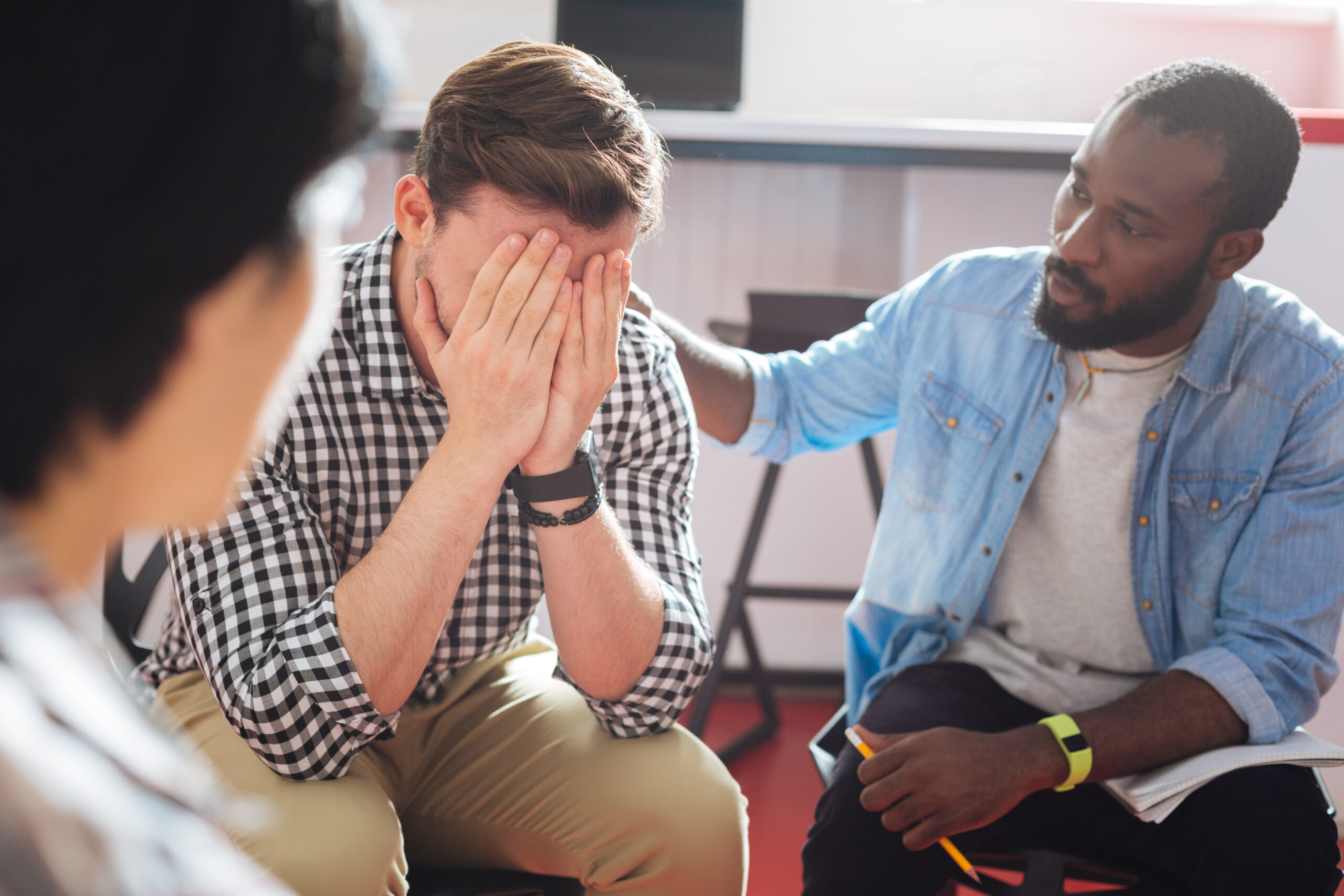Four Tips for Nonjudgmental Listening « Mental Health First Aid
It’s hard to be nonjudgmental all the time. We automatically make judgments about people from the minute we first see or meet them based on appearance, behavior and what they say. And that’s okay. Nonjudgmental listening isn’t about avoiding those judgments – it’s about making sure that you don’t express those negative judgments because that can get in the way of helping someone in need. […]| Mental Health First Aid


